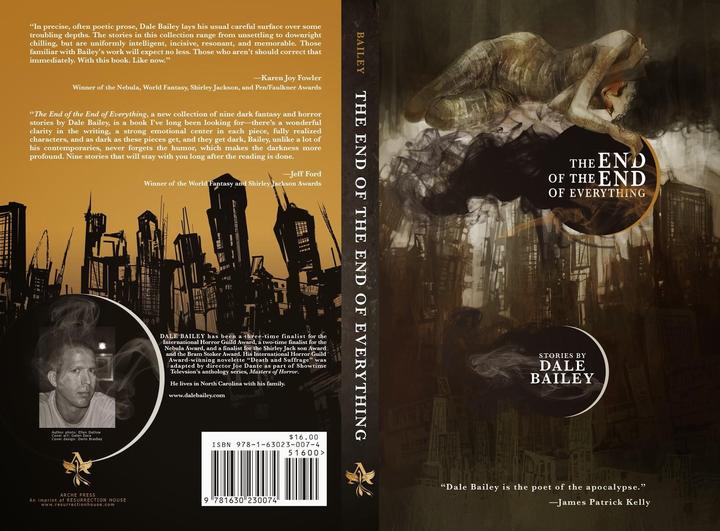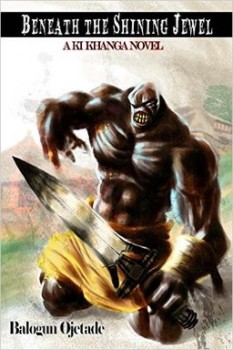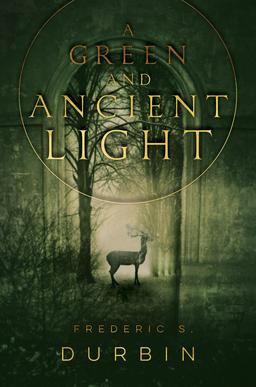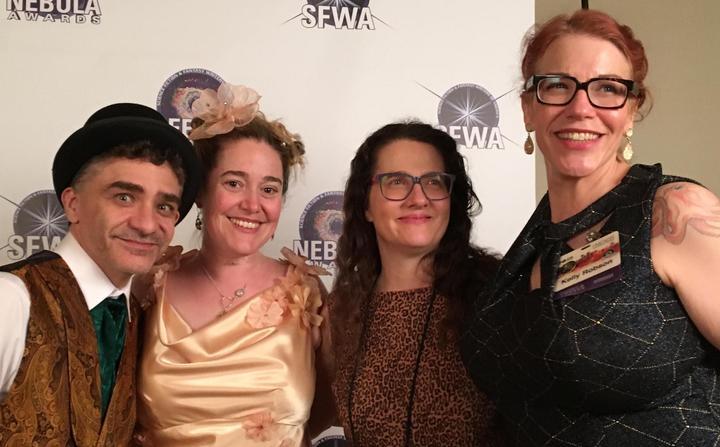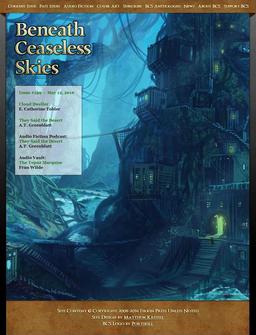June 2016 Asimov’s Science Fiction Now on Sale
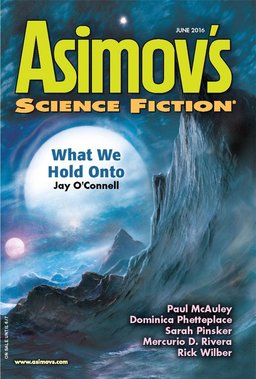 The June issue of Asimov’s Science Fiction contains “What We Hold Onto,” a huge novella from Jay O’Connell, “Rats Dream of the Future” by Black Gate alum Paul McAuley, and a short story by Sarah Pinsker — who just won a Nebula for her short story in last year’s June Asimov’s, “Our Lady of the Open Road.” All that plus stories by Dominica Phetteplace, Mercurio D. Rivera, and Rick Wilber, and lots more. Here’s the full description from the website:
The June issue of Asimov’s Science Fiction contains “What We Hold Onto,” a huge novella from Jay O’Connell, “Rats Dream of the Future” by Black Gate alum Paul McAuley, and a short story by Sarah Pinsker — who just won a Nebula for her short story in last year’s June Asimov’s, “Our Lady of the Open Road.” All that plus stories by Dominica Phetteplace, Mercurio D. Rivera, and Rick Wilber, and lots more. Here’s the full description from the website:
Jay O’Connell’s giant June 2016 novella takes an exquisite look at “What We Hold Onto” as well as what we are capable of letting can go. This story brilliantly imagines the future in robust details. With her marriage over and her mother dying, Sophia’s life is falling apart. To cope with the chaos, she hires a “Simplifier” and changes her life in ways she’s never anticipated. You won’t want to miss this remarkably inventive tale!
Paul McAuley envisions terrifying consequences when “Rats Dream of the Future”; as she is “Unreeled” back to reality, Mercurio D. Rivera’s astronaut may or may not be changed by her mission to a black hole; join Sarah Pinsker for a charming off-season visit to an Orchid Beach souvenir shop that has unusual post cards and tchotchke on sale in “Clearance”; Rick Wilber introduces us to a “Rambunctious” and unforgettable character; and this time, Bel speaks for herself as she explains what it’s like to live with a watcher in Dominica Phetteplace’s“Project Symmetry.”
In “My Trip to the Future,” June’s Reflections column, the intrepid Robert Silverberg muses on a brave new world; James Patrick Kelly’s On the Net reveals why “There’s Something About Mars”; Norman Spinrad’s On Books analyzes novels by David Walton, Ted Kosmatka, and Kim Stanley Robinson that could be all called “Very Hard Science Fiction”; plus we’ll have an array of poetry and other features you’re sure to enjoy. Look for our June issue on sale at newsstands on May 3, 2016.
Here’s the complete Table of Contents.

